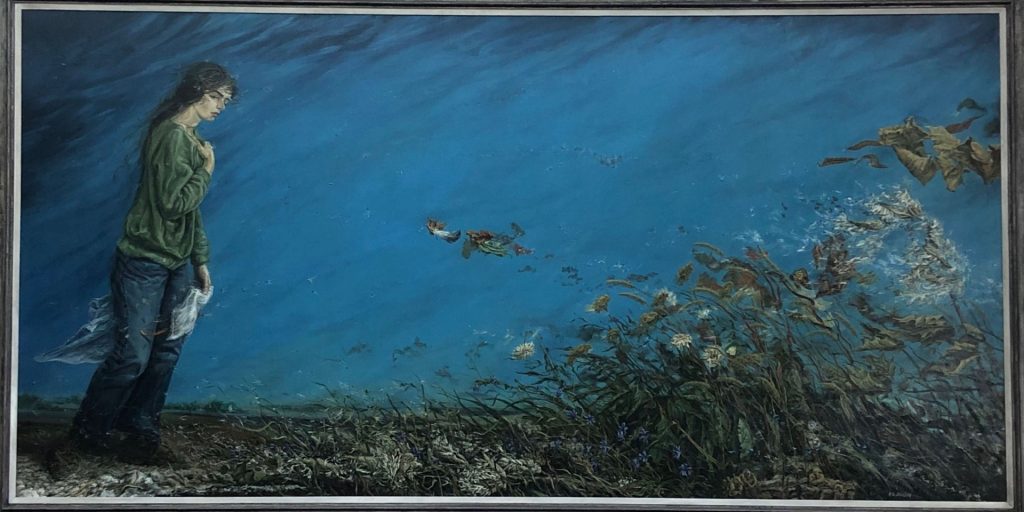By Srishti Sharma

It was the first day of the class and Eva Gudbergsdottir got us started with an interestingly challenging exercise. It was the Alligator River Story that got us all thinking. Ranking the five characters in the story from the most offensive to the least objectionable one wasn’t that easy as it appeared. We had to think, defend our ranking and validate the rationale behind it along with coming to a consensus with our teammates. I could well relate the story with our daily happenings and to the larger spectrum of peacebuilding. Every day, we are faced with the challenge of passing judgements based on the limited knowledge available to us and we try and justify those judgements using the lens we view them through. Whether it is nations at war with one another, people in conflict or Abigail and Gregory’s story, we are constantly questioning who did what? Who harmed whom? What’s the degree of the damage done? Et al. Drowned in dilemmas, rinsed in reasoning we try to arrive at an answer we can vindicate.
These dilemmas, these disturbances are good as they make us think and reflect. Not only do we have to be critical about our reasons but accept other’s reasons for their choices. I feel it all boils down to individual values, beliefs and ethics. These personal values are the bedrock for how we decide what is good or bad, right or wrong and justified or unjustified. These values that are often shaped by our culture, religion, gender identity, social placement and education, guide our judgments and behaviour. The ingrained personal value system and the worldview that we hold serve as a compass in decision making and we should be cognizant about that. Hearing others out helps in understanding a different perspective and gives an insight into their values and beliefs as individuals and what they prioritize and why they prioritize one over the other.
When I have to analyse a situation and reach a conclusion based on the information available to me, I find myself torn between pragmatic outlook and the sensitive approach to reach a decision. There’s always a moral conundrum when these two collide. From reaching one shore to the other, to reach a right decision, we have to cross the river which is full of doubts, prejudices, biases, limited understandings, discrimination, presuppositions, power structures and other obstacles. This river isn’t easy to cross. In our pursuit to make correct decisions we will be asked to make some compromises just like Sinbad who made use of Abigail or receive no help in the time of moral conflict from people we might rely on. We all have Ivans in our life. Then there would be some who might stand up with us but might resort to or suggest a different way of handling the situation which might or might not be appropriate, just like Slug did. But that river needs to be crossed; a decision needs to be made. Pause. Take a moment. Reflect. We can always try to bridge the gap with collective understanding of things, by respecting each other’s experiences and perspectives, accepting values and impartial reasoning. And this bridge, that we build together accepting and regarding each other’s value system and perspectives, I believe will not only help us reach the other side of the river, but will be a hard one to be washed away.


